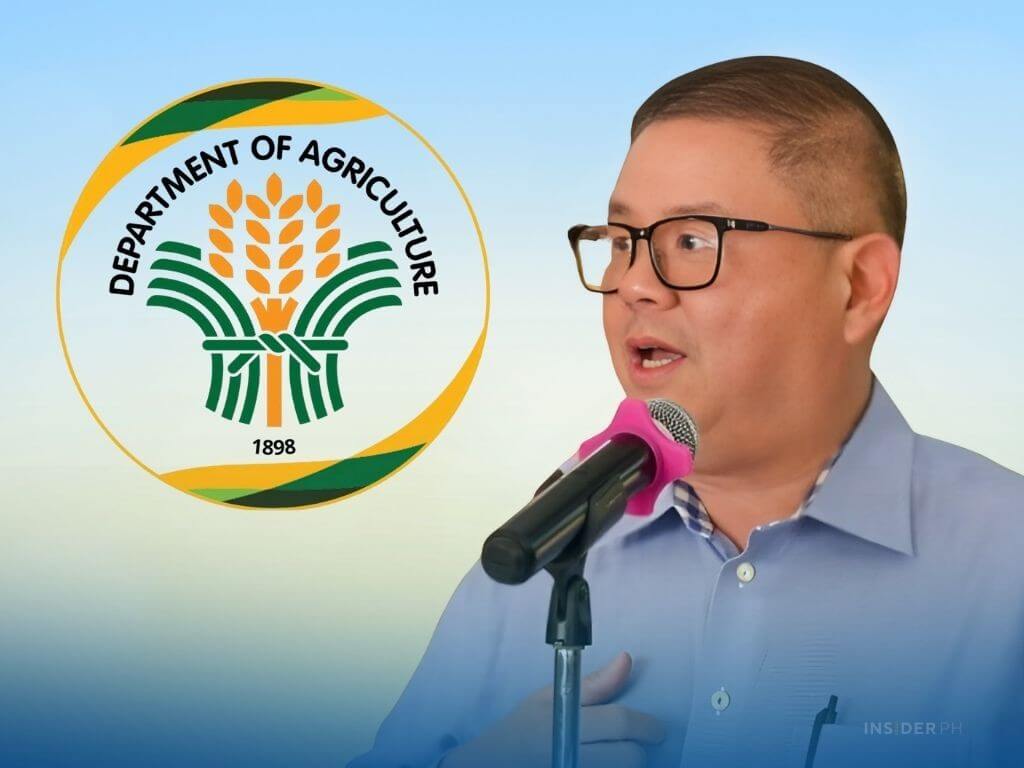

While it raised penalties for smugglers, critics argue it inadvertently weakened prosecution by increasing the threshold for a case to qualify as economic sabotage.
More crucially, the law left the Department of Agriculture (DA) without direct enforcement authority, forcing it to rely heavily on other agencies.
Why it matters
Agriculture Secretary Francisco P. Tiu Laurel Jr. told the Senate agriculture panel chaired by Senator Francis Pangilinan that without amendments to this law, the DA cannot fully shield farmers and fisherfolk from smuggling.
“The law is a step in the right direction, but without enforcement powers, our hands are tied. We cannot fully protect our farmers and fisherfolk,” he said.
By the numbers
182 operations conducted from January 2024 to July 2025
P3.78 billion worth of illegal agricultural and fishery products seized
P2.8 billion of that came from 2024 alone
P953 million seized so far in 2025
Also, Tiu Laurel said the DA has blacklisted 20 importers, including 13 without licenses.
Enforcement gaps
Even with these strides, smugglers continue to operate actively.
The DA chief stressed that the DA-Inspectorate and Enforcement (DA-IE) can only conduct operations in partnership with the Bureau of Customs and other agencies, slowing down cases.
He also pushed for the creation of the law’s permanent secretariat, to be led by the DA, to institutionalize anti-smuggling coordination.
What’s next
“The fight is far from over,” Tiu Laurel said. “Let’s lessen the burden of our farmers and fisherfolk—iparamdam po natin na hindi nila pasan ang daigdig. (Let us show them that they are not carrying the world on their shoulders)” —Ed: Corrie S. Narisma